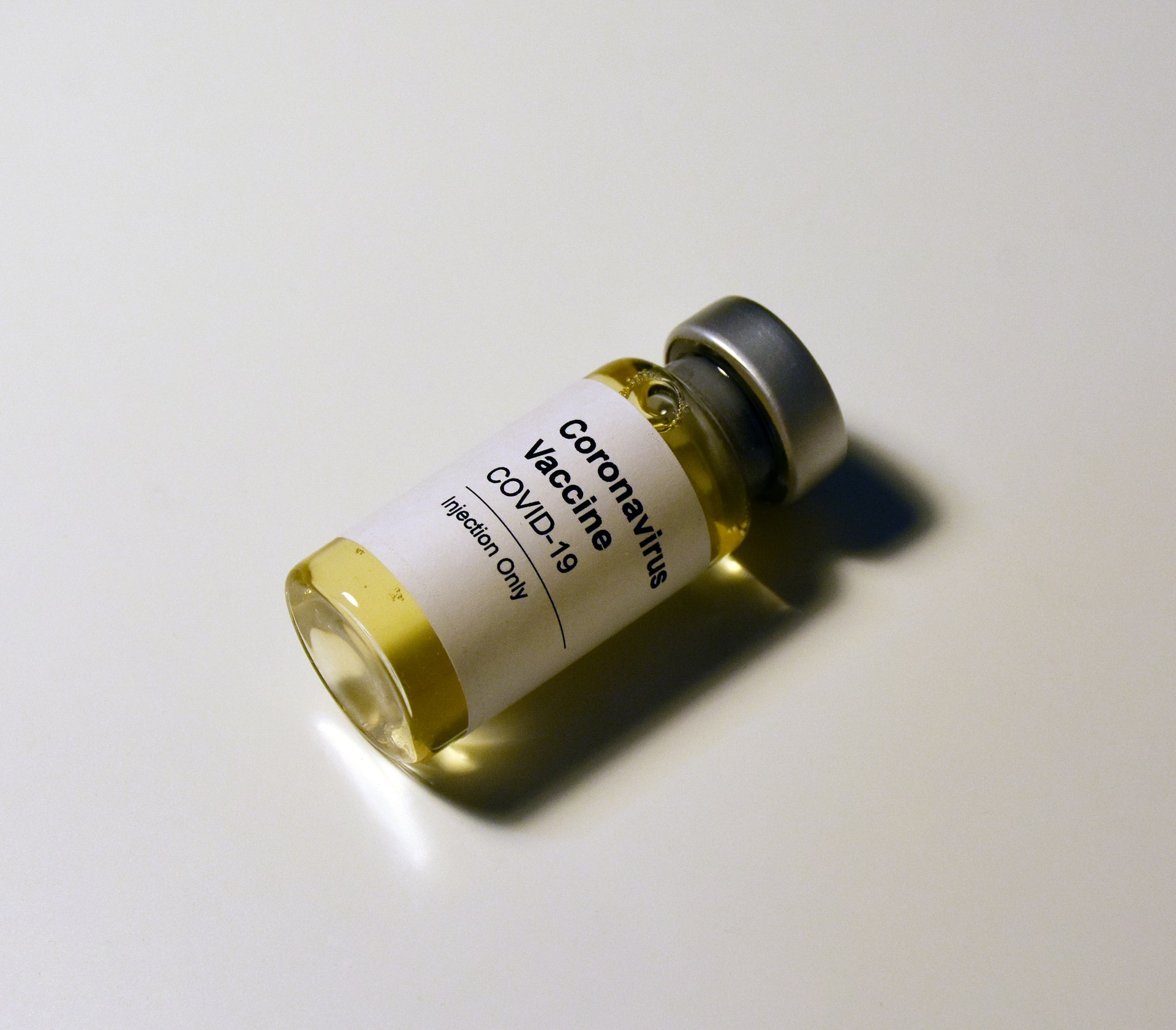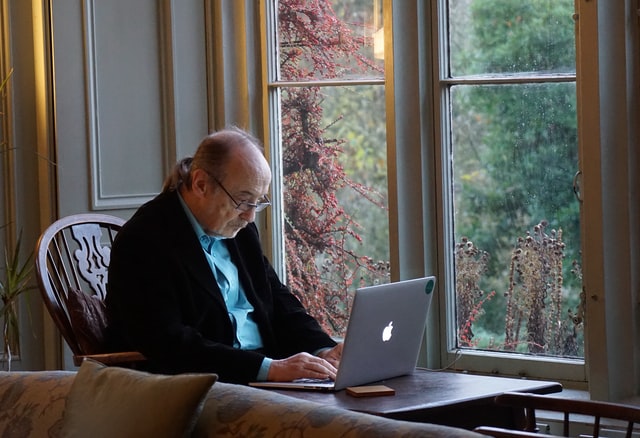Over the course of the past year, the ongoing coronavirus pandemic caused distress and disruption at every level of society, from the economic to the individual. But there’s finally some relief in the form of the COVID-19 vaccine, which will be distributed to senior citizens and other vulnerable populations before finally becoming accessible to everyone.
This year, we can finally begin to look forward to the formation of a new ‘normal’ and celebrate the revitalization of society. For skilled nursing facilities (SNFs), it’s imperative that patients and employees alike receive the vaccine as quickly and efficiently as possible.
Saving Lives Through Vaccinations
Much like the deadly diseases and epidemics of the past, vaccines have proven to be life-saving developments. The coronavirus vaccines are no different.
For skilled nursing facilities, the widespread distribution and administration of a coronavirus vaccine could easily mitigate the harm done by the virus and prevent future coronavirus-related deaths. Many residents of SNFs are older individuals with underlying conditions, putting them at a higher risk of contracting COVID-19 and developing complications, so prioritizing this demographic (as well as the healthcare workers who care for them) will be critical in reducing future harm.
Federal Partnerships Facilitate Distribution
The coronavirus vaccine developed by Pfizer is the first vaccine which the Food and Drug Administration (FDA) has granted emergency use authorization. In mid-December, the first round of distribution saw 6.4 million doses of the vaccine divided among the states based on the adult population of each. In order to best facilitate the distribution of the vaccine to high-risk individuals, more than 8,000 skilled nursing facilities partnered with pharmacy chains like Walgreens and CVS.
While the initial distribution was not enough to vaccinate all healthcare workers and long-term care facility residents, with both of these demographics contained within the top priority group, federal partnerships between SNFs and drugstore chains have already enabled high-risk senior citizens to receive their initial and critical booster vaccines.
Recognizing how important it is to protect healthcare workers and patients in skilled nursing facilities has contributed to the widespread involvement of CVS and Walgreens to aid in the vaccination initiative. The drugstore chains will also provide limited vaccines to high-risk individuals, in wake of an agreement with the Department of Health and Human Resources, to further aid in the distribution and broader immunization following the inoculation of SNF residents and employees.
Education to Keep Pace With Rollout
In addition to ensuring that high-risk and high-exposure individuals receive the vaccines as promptly as possible, providing appropriate education to recipients has also become a top priority. This is an age of misinformation, where false claims can easily be circulated and believed without question, so providing SNF patients and healthcare workers with factual information about the vaccines — including the timeline, possible side effects, what the vaccine actually does, and more — is key.
When presented with the opportunity to receive the vaccine, all patients are to be presented with crucial information in a manner that is easy to understand. How this information is presented may vary; providing SNF residents and staff members with an EUA fact sheet is one option, though verbal communication will be beneficial as well.
It’s also important for vaccine providers to seek consent prior to administering the vaccine. Pharmacy partners are obligated to obtain consent as outlined in the Federal Pharmacy Partnership for Long-term Care Program. Consent should be solicited after providing relevant vaccine updates so that the SNF patients and employees are well informed.
Knowing what to expect can help patients feel more comfortable with the process. It’s also critical that healthcare facilities extend honesty and transparency to residents and their families during this time.
Vaccine Benefits Outweigh the Risks
The risks associated with the vaccine may cause some discomfort or fear among SNF patients, but in the pursuit of providing accurate information, vaccine providers should make a clear effort to explain that the benefits of the vaccine far outweigh the risks. It is important to highlight the trial process that vaccines have undergone, as well as the most common side effects of the vaccine, such as soreness, fever, and chills. These possible short-term effects are relatively minor, so the life-saving benefits of the vaccine easily outweigh the risks.
The finalization and distribution of coronavirus vaccines provides some relief and hope for the future. In order to protect our most vulnerable populations and collaborate on the development of a new normal, vaccinating patients and healthcare workers in skilled nursing facilities will be imperative.





